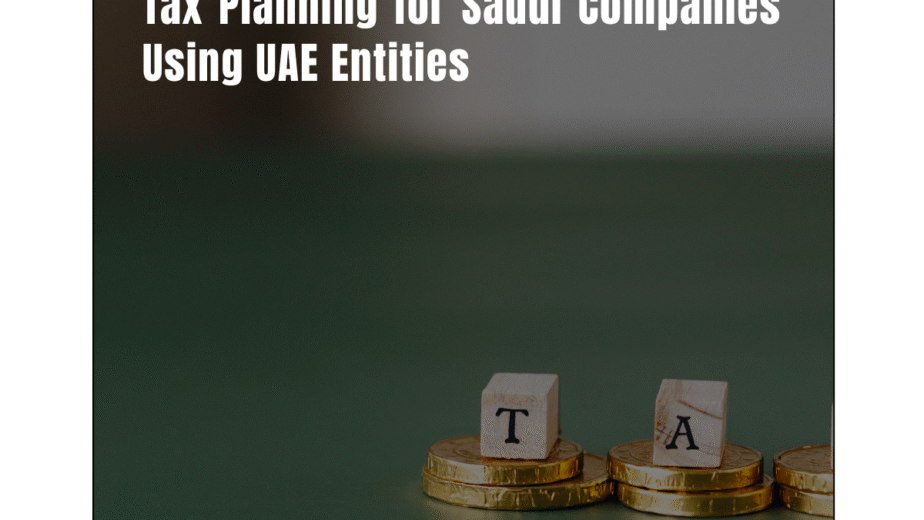Saudi Arabia is undergoing a transformative economic journey under Vision 2030, creating unprecedented opportunities for businesses across sectors. One key to tapping into this growth is vendor classification — a structured system that determines your company’s eligibility to participate in government tenders and large-scale projects.
What is Vendor Classification?
Vendor classification is a formal evaluation and categorization process designed to assess the suitability of suppliers, contractors, and service providers based on their financial health, technical capacity, past experience, and regulatory compliance.
This process ensures that entities providing goods and services to government bodies and large corporates meet the expected standards of quality, reliability, and performance.
- It helps organizations reduce risks by selecting qualified vendors.
- It promotes transparency and fairness in procurement.
- Encourages businesses to meet Saudi Arabia’s legal and economic reforms such as Saudization and VAT compliance.
Why Is Vendor Classification Essential in Saudi Arabia?
1. Access to Government Contracts
Saudi government entities use vendor classification as a pre-qualification filter. Without proper classification and registration on platforms like Etimad, companies cannot bid on public tenders. This is particularly critical as government spending surges in infrastructure, housing, health, and utilities.
2. Participation in Mega Projects
Mega projects such as NEOM, Red Sea Development, Saudi Aramco, and SABIC require vendors to meet stringent qualification standards. These projects demand:
- Strong financial capacity to handle high-value contracts.
- Proven technical expertise with a portfolio of similar projects.
- Compliance with safety, environmental, and local content (IKTVA) requirements.
Being classified improves your chances to be shortlisted and win contracts in these projects.
3. Building Credibility
Vendor classification is recognized as a mark of trust and credibility. Classified companies signal professionalism and operational readiness to potential clients, suppliers, and partners.
4. Regulatory Compliance
Classification ensures compliance with key regulations, including:
- Saudization: Employing Saudi nationals to support national workforce development.
- Zakat and Tax: Meeting tax obligations enforced by Zakat, Tax and Customs Authority (ZATCA).
- Labor Laws: Following Saudi labor laws protecting worker rights and social insurance (GOSI).
Classification Grades Explained
The Ministry of Municipal and Rural Affairs and Housing (MOMRAH) assigns vendors into five grades, reflecting their capacity and readiness to undertake projects of varying scale and complexity.
Grade 1Mega Projects (SAR 100M+)Large capital, 10+ years experience, 50+ engineers, proven track record
Grade 2Large Projects (SAR 50-100M)Strong financials, 5+ years, 20+ engineers, completed govt. projects
Grade 3Medium Projects (SAR 10-50M)Moderate financials, 2-3 years, 10-20 engineers
Grade 4Small Projects (SAR 1-10M)Startups & SMEs, 1-2 years, 5 engineers
Grade 5Micro Projects (<SAR 1M)Minimal history, basic operational structure
Step-by-Step Vendor Registration & Classification Process
1. Document Preparation
Collect all necessary company documents in Arabic or officially translated versions. These include:
- Commercial Registration (CR): Verifying company legal status.
- VAT Registration Certificate: Proof of tax compliance.
- GOSI Certificate: Employee registration with social insurance.
- Audited Financial Statements: Last 2–3 years audited by a licensed firm.
- Saudization Certificate: Demonstrating compliance with employment quotas for Saudi nationals.
- Project Completion Certificates: Proof of past project deliveries.
- Technical Staff CVs: Qualifications and experience.
- ISO and Safety Certificates: Quality management and occupational safety.
Organizing these documents properly speeds up the evaluation.
2. Register on Etimad Portal
- Visit Etimad Portal and create an account.
- Complete vendor registration by entering company details and uploading documents.
- Etimad is mandatory for any government contracting process and centralizes procurement.
3. Apply for Classification through MOMRAH
- Use the MOMRAH classification portal (contractors.momra.gov.sa).
- Submit detailed company information, technical qualifications, financials, and pay classification fees.
- MOMRAH reviews applications, conducts site visits, and assigns grades.
4. Sector-Specific Registrations
Depending on your industry, you may need additional prequalification:
- NUPCO: For pharmaceutical suppliers.
- Saudi Aramco: Through SAP Ariba portal.
- Mega Project Portals: NEOM, Red Sea Development, Qiddiya, and others have bespoke vendor qualification systems emphasizing local content, safety, and sustainability.
5. Maintain Compliance & Renew Annually
Classification is not a one-time exercise. Vendors must:
- Update registrations yearly.
- Submit fresh audited financials.
- Maintain or improve Saudization levels.
- Renew ISO and safety certifications.
- Respond to audit requests and keep all documentation current.
Failure to comply can lead to downgrading or disqualification.
Benefits of Vendor Classification
- Priority Access to Tenders: Classified vendors receive notifications and access to larger government contracts.
- Enhanced Reputation: Improves trust with clients and partners, helping to win more business.
- Business Growth: Higher classification grades allow bidding on larger, more profitable projects.
- Transparency: Standardized process reduces bias and promotes fair competition.
- Regulatory Assurance: Helps companies stay compliant with Saudi legal frameworks.
Challenges & Best Practices
- Documentation Accuracy: Incomplete or incorrect documents delay classification or cause rejections.
- Saudization Monitoring: Keep Saudization ratios above mandated thresholds; use HR systems to track.
- Financial Reporting: Ensure audited statements are timely and reflect true company position.
- Continuous Improvement: Use feedback from classification audits to strengthen company processes.
- Certifications: Investing in ISO 9001, ISO 45001, and other quality/safety certifications demonstrates commitment and improves scores.
Contact us today for a free consultation to ensure your business is fully prepared for growth in Saudi Arabia’s expanding market!



